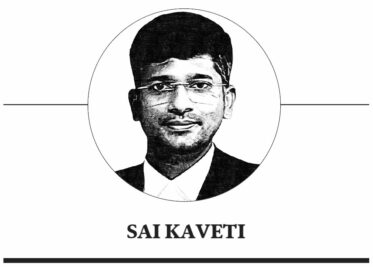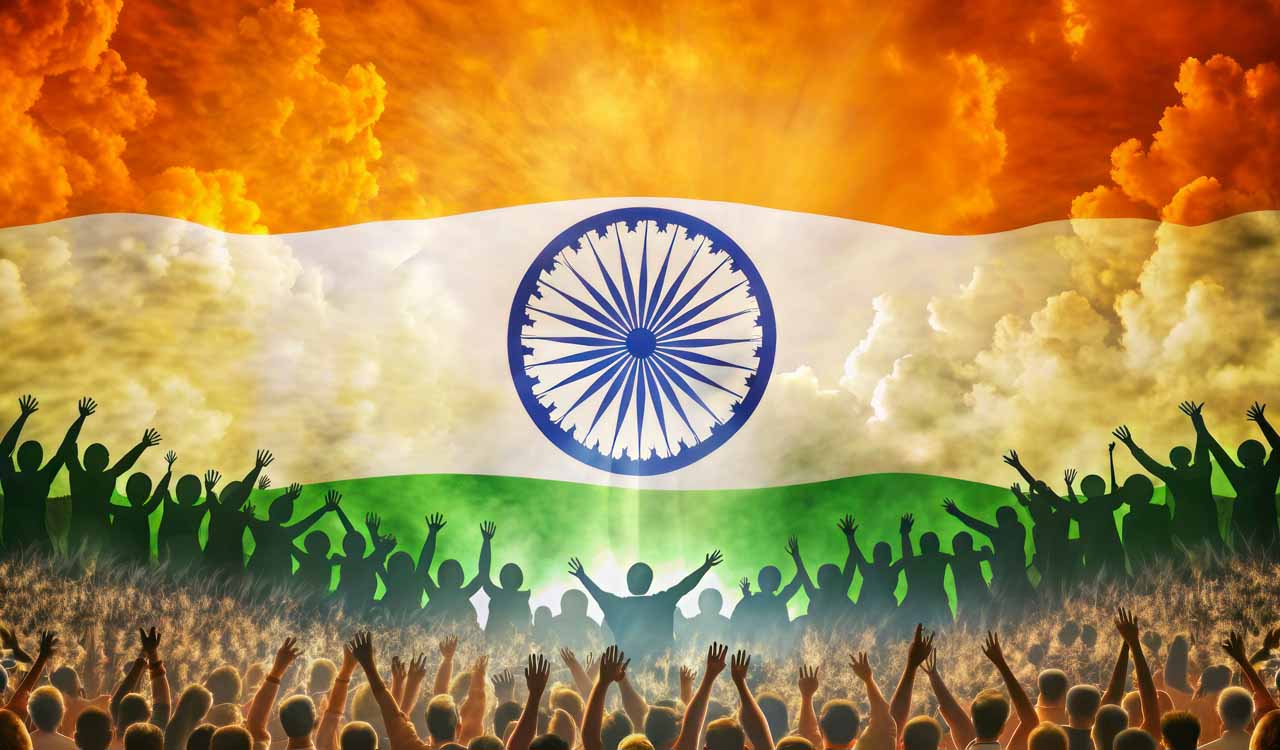Opinion: The Sarkari Paradox: We want government jobs, but not government services
The same ‘sarkari’ tag that attracts derision when tied to a public service becomes a badge of honour when linked to a job title, revealing a deep trust deficit in public institutions

By Sai Kaveti
In India, a strange paradox governs our everyday reality: we avoid almost everything run by the government, except a government job. Families shy away from government hospitals, public schools, and transport services. But the moment someone in the family secures a government position, even a low-ranking one, the mood shifts. Sweets are distributed, social media status updates are posted, and one phrase echoes across households: “Now life is settled.”
Also Read
The Public System Everyone Avoids
Government hospitals are often treated as the last resort. Even in urban centres, most people prefer to pay for private clinics, despite free and sometimes competent care being available at public hospitals. The reason? Perception. While public hospitals house experienced doctors, and are often better equipped than assumed, they remain crowded, bureaucratic, and under-trusted.
The same is true for public education. In rural settings, parents prefer low-cost private schools with less-qualified teachers, simply because they offer better optics, discipline, or English-medium instruction. According to studies, most government school teachers do not send their children to the schools they work in. This reveals something more than infrastructure issues — it points to a fundamental lack of belief in the very system they are paid to uphold.
A Government Job? That’s Gold
Strangely, while we mistrust government services, we place immense value on government employment. When a child becomes a constable, revenue officer, railway clerk, or teacher, it is considered a milestone. In States like Telangana, lakhs of people apply for Group-IV posts that offer modest salaries. Applicants include engineers, MBAs, and postgraduates. Why such enthusiasm?
Because a government job still represents the three great Ps: Permanence, Pension, and Prestige. Even when salaries are lower than in the private sector, the job security and social respect make it the most desirable career path for many Indian families. The same “sarkari” tag that attracts derision when it refers to a service is suddenly revered when attached to a designation.
The Hypocrisy Within
This dual attitude reflects a deeper cultural contradiction. Families will not use a government hospital but will pray for their child to become a government doctor. They won’t trust a government school, but they will dream of a government teacher’s job. This is more than irony; it’s a form of collective hypocrisy. We want access to the power and protection the government job offers, but not the experience of its service delivery.
Choosing private over public services isn’t just a turn to luxury—it’s a flight from trust in the system. Rebuilding that trust is essential, and it begins when everyone—rich and poor alike—relies on the same schools, hospitals, and public transport, which makes the system correct itself
If law enforcement were ever privatised, many would likely opt for private investigators and corporate dispute resolution, just as they now prefer private hospitals and schools. It’s not just a preference for luxury; it’s a flight from trust in the public system. What we are losing is not just service quality, we are losing our faith in the idea of public goods.
Signs of Hope
Yet, there are powerful examples that offer hope. Pamela Satpathy, the Collector of Karimnagar, recently underwent surgery at a government hospital. It was a quiet but revolutionary act, rare enough to make headlines, and bold enough to spark public trust.
IAS officer Raj Yadav enrolled his daughter in a government school in Assam, setting a precedent that quality and dignity must begin at home. These are not token gestures. They are examples of what trust in public service should look like.
What this paradox reveals is a trust deficit that goes beyond inefficiency or underfunding. It shows that public systems are not inhabited by the very people who are paid to build them. When government teachers do not trust government schools, and government doctors avoid government hospitals, the system collapses under the weight of internal disbelief. And when those outside the system also flee, what remains is an empty shell of infrastructure without ownership.
Reimagining Public Sector
So, how do we fix this? First, by making public services aspirational again. Navodaya Schools and AIIMS show us that with political will, transparency, and accountability, excellence is possible. Second, we must link respect to responsibility. A government officer should be respected not just for clearing an exam but for their daily contribution. Third, citizens, especially the middle-class, must return to public systems not as helpless recipients, but as equal participants and stakeholders.
When all sections of society use the same school, hospital, and transport, the system self-corrects. Policymakers have skin in the game. Teachers teach better. Doctors show up. Buses arrive on time. Because now, everyone’s child is in the queue.
A Republic Cannot Thrive on Distrust
India cannot thrive as a republic where everyone wants to work for the government, but no one wants to be served by it. That’s not just a paradox. It’s a deep structural flaw in our social contract. We must stop saluting the chair while scorning the institution that holds it. We like the chair, but don’t want to fix the table it stands on. We want the benefits of the government job, but not the responsibility to improve the system.
The next time someone says, “It’s a government hospital, don’t go there,” ask, why not? And then ask yourself, what have I done to change that? Because until we stop running away from our own institutions, we will never arrive at the nation we aspire to build.
Until we start trusting the systems we’ve built, no reform will ever take root.

(The author is an advocate practising in Supreme Court of India)
Related News
-
Young man dragged for kms by Mercedes in Ranchi, Jharkhand HC lawyer detained
4 mins ago -
Irrawaddy dolphins found near Rushikulya river mouth in Odisha
16 mins ago -
KTR hits back at KCR critics, calls Telangana his lasting legacy
17 mins ago -
Tarique Rahman elected BNP Parliamentary Party leader, to take oath as Bangladesh PM
20 mins ago -
Telangana police have become puppets of the Congress, says Balka Suman
34 mins ago -
Bill Gates’ AI Summit attendance uncertain, conflicting reports emerge
40 mins ago -
Pixxel selects Exotrail thrusters to steer its satellites in orbit
48 mins ago -
Manjeera pipeline burst floods streets and apartments in Manikonda, disrupts water supply
52 mins ago




